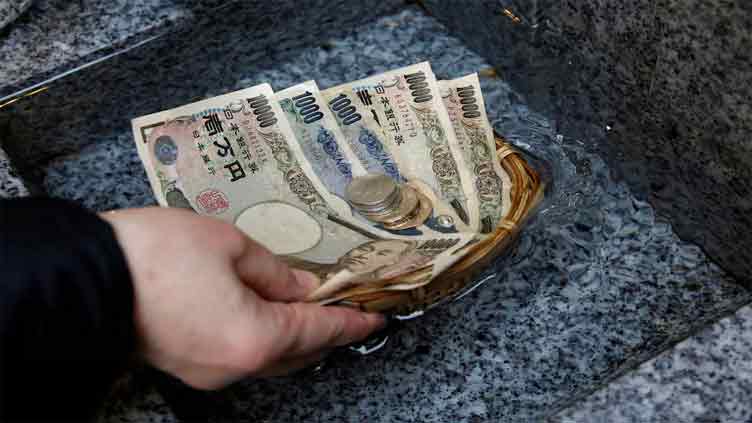Japan will continue pursuing primary budget surplus next fiscal year

Business
The government will also continue to try to lower the ratio of debt to gross domestic product
- It has been in deficit for most of the postwar era with the exception of the asset bubble period between 1986 and 1991
- The fourth-largest economy now has the industrial world's worst public debt at more than double the size of its economy
TOKYO (Reuters) – Japan plans to stick to its goal of achieving a primary budget surplus in the next fiscal year, according to a draft of annual policy guidelines for budget planning.
The government will also continue to try to lower the ratio of debt to gross domestic product, the draft said.
According to a government projection in January, a primary budget surplus for the world's fourth-largest economy could "come into sight" in fiscal 2025, assuming strong economic growth and that efforts to cut spending will continue.
Japan's primary budget balance – which excludes new bond sales and debt servicing costs – has been in deficit for most of the postwar era with the exception of the asset bubble period between 1986 and 1991.
As a result, Japan now has the industrial world's worst public debt at more than double the size of its economy. It first set itself the goal of a primary budget surplus in the early 2000s but target dates have been pushed back several times.
"Japan now faces unprecedented opportunities to fully exit deflation and achieve growth," the draft said. "We need to move forward to attain both an economic revival and fiscal health."
The draft, however, said the primary budget surplus goal should not mean that the government could be deprived of key policy options in certain economic circumstances.
It also highlighted the need for the government to work closely with the central bank and guide policy "flexibly" to achieve sustainable economic growth driven by demand from the private sector.
"Monetary policy has entered a new stage," it also said, noting that the Bank of Japan ended eight years of negative interest rates in March.
The government draft will be presented to ruling party lawmakers for deliberation before being finalised at a cabinet meeting on June 21.


